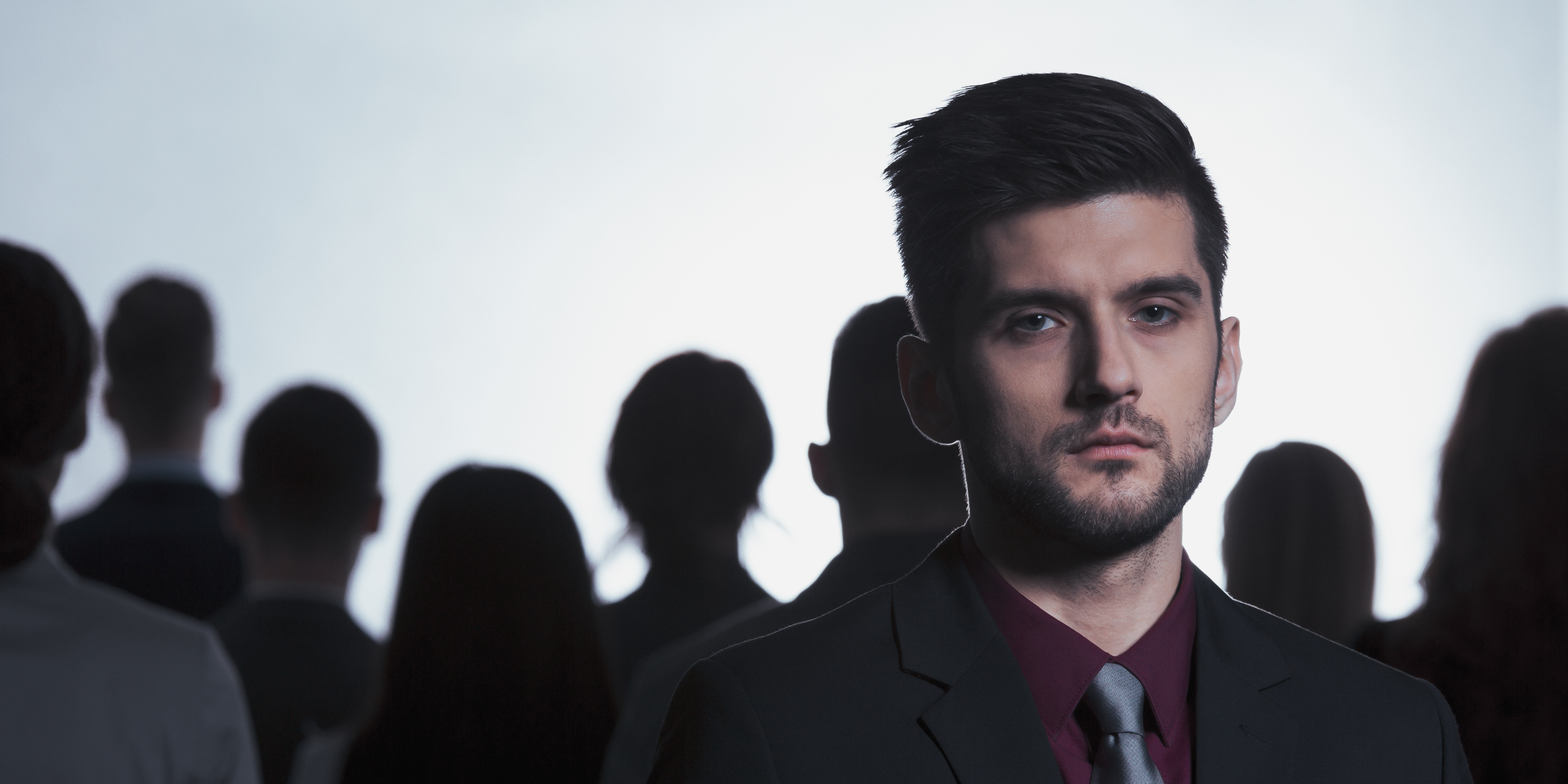Conquer Your Fear of Flying

Discover effective coping strategies to overcome your fear of flying and start traveling with confidence
Katia's story
It was Katia's grandmother's 90th birthday and the whole family was getting together to surprise her. Katia's mum had booked her a flight back home completely oblivious to the fact that Katia had suddenly developed a strong fear of flying during the Covid years. Katia had kept this a secret, not wanting to share her fears with everyone as she felt silly and ashamed that she couldn't just 'shake herself out of it'. Katia tried to push herself and get on the plane but sadly, she had a panic attack before the plane took off and she had to get off the flight. This is an all too common story that Hypnotherapists hear.
The fear of flying is one of the most common phobias and one that many people find hard to overcome on their own. This can be a really lonely and overwhelming place to be. The good news is that Cognitive Behavioural Therapy (CBT) and Hypnotherapy are powerful and effective tools that can help you take control of this fear.
Understanding the Fear of Flying
People are often surprised to hear that the fear of flying can stem from various sources: Fear of confined spaces or claustrophobia, fear of loss of control, a past traumatic flying experience, panic attacks or simply the fixation on news articles. Understanding the underlying causes of your fear is the only way to address it effectively.
While some may try to avoid flying altogether, others feel unbearable anxiety as they push themselves to fly when they absolutely must. This restricts both personal and professional opportunities for those who struggle with the fear. Trying to manage this phobia on your own can be incredibly difficult. That’s why it’s essential to approach it with structured therapeutic techniques.
Why It’s Hard to Fix On Your Own
Phobias such as Aerophobia get deeply ingrained in both our conscious and subconscious mind, often requiring a multi-layered approach to resolve. Trying to "just get over it" often leads to more anxiety and avoidance. Also, pushing yourself through flights or doing a 'generic course' may help put a plaster on the wound, but you wouldn't know how deep it goes or what is causing it to bleed. Working through your fear with a professional will help you understand and address the root cause of your problem. Professional guidance ensures that you have the right tools, support, and personalised strategies to succeed.
CBT
Cognitive Behavioural Therapy (CBT) is a scientifically proven method to treat phobias, including fear of flying. The therapy focuses on identifying and challenging irrational thoughts about flying and replacing them with more realistic perspectives. You will also learn to recognise and counter unhelpful coping strategies, like avoidance, over dependence on your partner or family member or using alcohol to calm your nerves before a flight.
CBT can help you change your internal dialogue and create a different association between flying and how you think and feel. Over time, CBT helps you retrain your mind to respond to the idea of flying in a calmer, more controlled manner. Techniques like gradual exposure can also be part of CBT, allowing you to face your fear in a safe and controlled environment.
The Power of Hypnotherapy
Hypnotherapy using with CBT techniques becomes an even more powerful tool for overcoming the fear of flying. While under hypnosis, you enter a deeply relaxed, focused state that makes you more receptive to positive suggestions.
During a hypnotherapy session, a trained hypnotherapist can help you visualise yourself on a flight, feeling calm, relaxed, and in control. They can also guide you in reframing past negative experiences, so your brain no longer associates flying with danger.
It’s important to note that hypnosis isn’t a magic fix—it’s a process that works over time with repeated sessions and practice. However, with dedication, it can significantly reduce your fear, allowing you to fly comfortably.
Combining CBT and Hypnotherapy
When used together, CBT and Hypnotherapy provide a holistic approach to conquering your fear of flying. CBT works on a conscious level to change how you think and behave, while hypnotherapy taps into the subconscious, reinforcing new, positive associations with flying.
This combination can break the cycle of fear, helping you to relax and even look forward to your next trip.
Gradual Exposure and Desensitisation
Gradual exposure and desensitisation is a proven method for overcoming fear of flying. By gradually exposing yourself to flying-related situations, you can desensitise your fear response and build confidence. Start with small steps when you feel as calm as you can, such as watching videos of flights or visiting an airport. With each successful exposure, your fear will diminish, and you will gain a sense of accomplishment. A Hypnotherapist can do exposure therapy for you where they take you into a state of hypnosis and then slowly and gently expose you to the situations that make you anxious. Word of caution: Exposing yourself to your worst fear straight away can leave you a lot more anxious. So only start with small and easily manageable situations.
Identifying Triggers and Symptoms
To overcome your fear of flying, it is essential to identify the triggers and symptoms that contribute to your anxiety. Triggers can vary from person to person and may include turbulence, takeoff and landing, or even the thought of being in an enclosed space. Symptoms of fear of flying can manifest as physical sensations like rapid heartbeat, shortness of breath, or sweating. By recognising these triggers and symptoms, you can develop strategies to manage them during your flight.
Practicing Relaxation Techniques
Relaxation techniques can be powerful tools for reducing anxiety during a flight. Deep breathing exercises, progressive muscle relaxation, and visualisation techniques are all effective in calming the mind and body. Practicing these techniques before your flight can help you feel more prepared and in control.
Additionally, listening to calming music or engaging in activities like reading or watching a movie can also distract you from anxious thoughts.
Seeking Professional Help
If your fear of flying is severely impacting your life or if self-help strategies are not effective, it may be beneficial to seek professional help. A mental health professional with experience in treating phobias can provide guidance and support. They may use techniques such as deep relaxation techniques and exposure therapy to help you overcome your fear.
Remember, seeking help is a sign of strength, and it can significantly improve your ability to cope with flying.

 By
By


